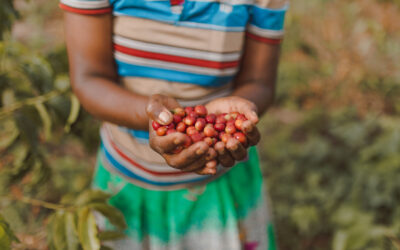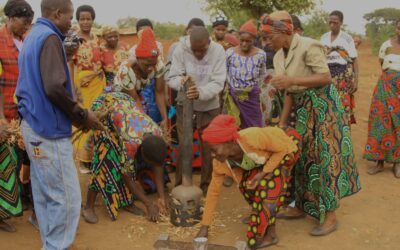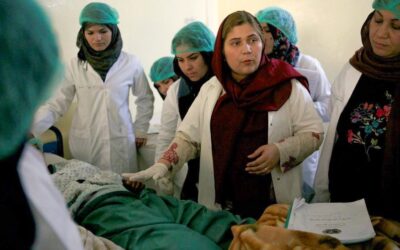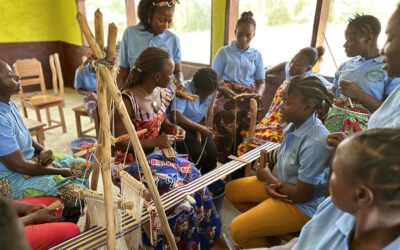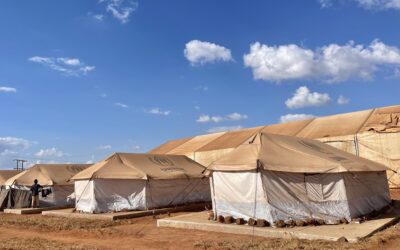Kienyeji: The Case for Locally-Made Products

John Kavyavu
Kienyeji: The Case for Locally-Made Products
By John Kavyavu
John Kavyavu is the Founder and Director of Maarifa, a project of Mavuno. Mavuno’s mission is to alleviate extreme poverty in rural areas of North Kivu and Ituri provinces in eastern Democratic Republic of Congo. One Day’s Wages is currently partnering with Mavuno to support entrepreneurship training, host business expos, and establish a cooperative where entrepreneurs can sell their products.
***
Kienyeji. It’s a word in Swahili that means local or traditional. However, it’s become a pejorative term as foreign-made products increasingly infiltrate markets in the Democratic Republic of Congo. From a young age, it’s entrenched in our minds that imported goods are better than local goods. Over time, this has chipped away at the creativity of our own artisans and small-scale manufacturers, and the strength of our local economies.
This mindset can be traced back to colonial times when Europeans came to be considered as superior. To be considered évolué – a French term used by colonizers to describe an African or Asian who “became European” through education or assimilation – you had to adopt European names, food and clothing. Today, this perception persists as goods imported from China in fancy packaging are assumed to be higher quality.
We created the Maarifa Project to change this narrative and instill pride in our locally made products. We build the skills of artisans and small-scale manufacturers so they can better package, display and promote their products. We also host business expos for entrepreneurs to promote their products, and due to high demand we’re now in process of establishing a permanent cooperative store. In addition, we raise awareness among the local population about the benefits of supporting our own entrepreneurs who in turn create employment opportunities for our youth.
Consumers are beginning to realize that some local products are actually much better quality than imported ones. For example, locally made leather shoes will cost a little more than comparable imported shoes, but will last 10 times longer!
Supporting locally-produced goods isn’t only helpful for entrepreneurs. It is an essential part of our collective effort to eliminate the triple challenge of poverty, unemployment and inequality. The availability of locally-made goods contributes to local and regional economic stability and peace-keeping, as more youth are able to find meaningful employment.
Around the world, people are coming to realize that kienyeji can mean quality. That’s our dream for our communities in the Democratic Republic of Congo too.
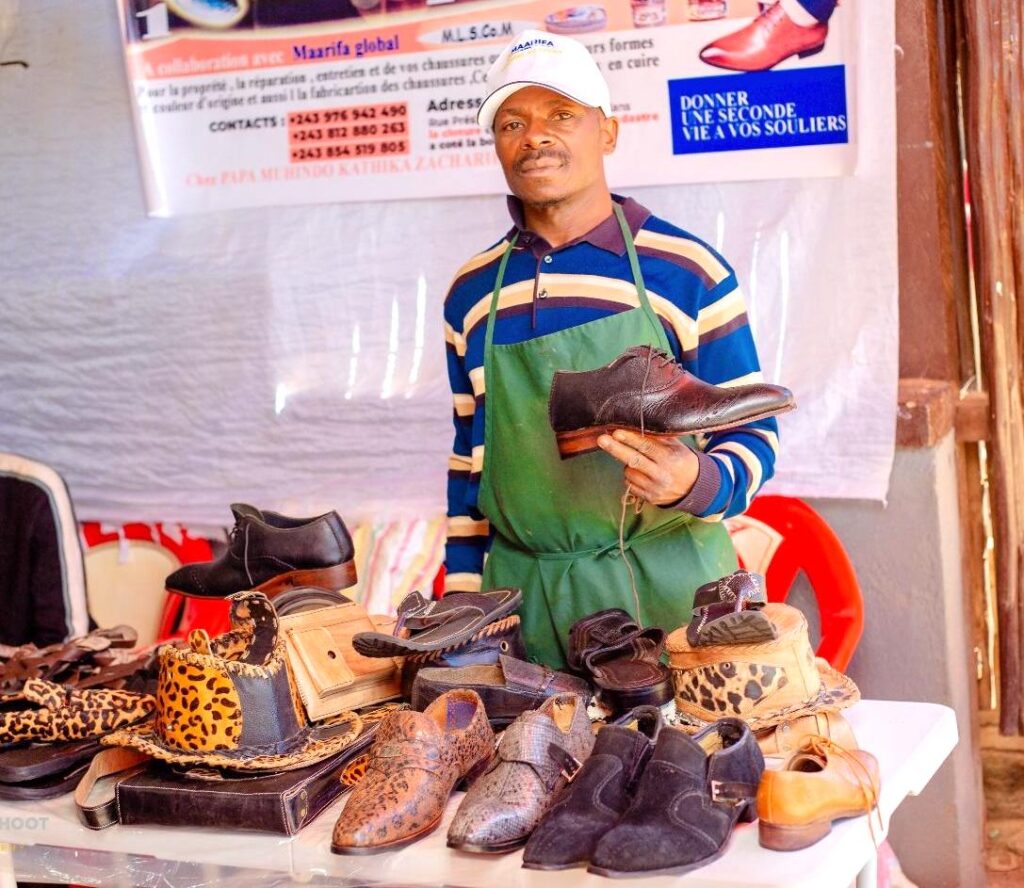
An entrepreneur proudly sells his handmade leather shoes that last up 10 times longer than imported shoes.
More stories of impact
When Generosity Sounds Like a Song: An Invitation to Create Together
At One Day’s Wages, we are endlessly inspired by what happens when people bring their full selves—their creativity, curiosity, and courage—into a shared mission. Our work to alleviate extreme poverty has always been built on partnership. Not just with grassroots...
Ways to Give: Simple, Meaningful Options That Fit Your Life
Generosity isn’t one-size-fits-all. At One Day’s Wages, we believe giving should feel accessible, thoughtful, and aligned with your real life—whether you’re just starting out, raising a family, building a business, or planning your legacy. Here are several ways our...
Starting With Strengths: How Asset-Based Development Can Transform Communities
When people talk about community development, the conversation often begins by listing what’s missing: clean water, farming knowledge, health clinics, and more. And while understanding needs is important, defining communities by their needs can paint them as passive,...
One Day’s Wages Named Together Women Rise 2026 Featured Grantee for Maternal Health Work in Afghanistan
One Day’s Wages (ODW) is honored to announce its selection as the 2026 Featured Grantee of Together Women Rise, a powerful global community of women and allies committed to advancing gender equality. This prestigious award includes a $50,000 grant over two years...
Women at Work: Toward Inclusion in the Global Workforce
Can you remember the last time you couldn’t make it to work? Maybe your nanny canceled, and you were left without childcare. Or maybe your car battery died, and you didn’t have a safe way to get to the office. These are the kinds of barriers that women around the...
Standing in Solidarity When the World Turns Away
We cannot fix every broken system. But we can choose to stand in solidarity with those who cross our path. This choice, this posture of care and action, is what fuels us at One Day’s Wages. And it’s why we need each other, now more than ever. Recently, our Global...
LEARN
Leadership
Transparency
Read the Latest
Contact Us
COLLABORATE
Faith Groups
Schools
Businesses
Get Involved
One Day’s Wages exists to alleviate extreme poverty by investing in, amplifying, and coming alongside locally led organizations in underserved communities.
©2025 One Day's Wages is a registered 501(c)(3) organization | Tax ID #26-2566653 | Privacy policy | Terms of use
P.O. BOX 17575 Seattle, WA 98127 | Contact us


